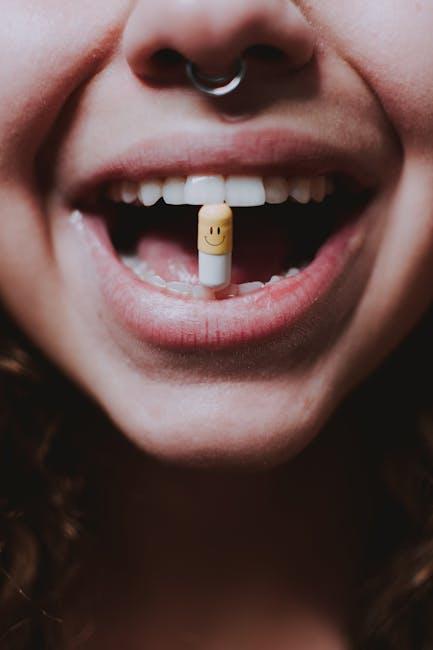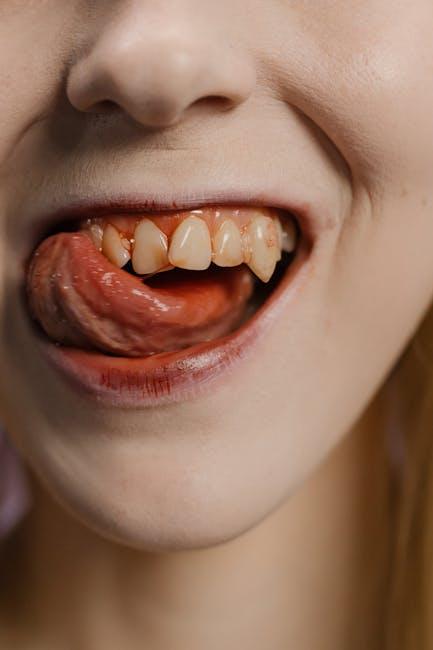
Could Dental Antibiotic Misuse Risk Your Future Health? | Tap to Know More | Inshorts
Antibiotics have revolutionized dental care by helping control infections and assist recovery after dental procedures. However, the misuse of dental antibiotics has become a growing concern globally, potentially risking your future health far beyond the dentist’s chair. In this article, we explore how inappropriate antibiotic use in dentistry contributes to antibiotic resistance, adverse health outcomes, and how you can protect yourself with responsible habits. If you’ve ever been prescribed antibiotics for dental issues, this is a must-read!
Understanding Dental Antibiotic Misuse
Dental antibiotic misuse refers to the unnecessary or incorrect use of antibiotics during dental treatments and care. Despite clear guidelines set by dental and medical authorities, many patients still receive antibiotics when they are not necessary, or they use them inappropriately.
Common Forms of Misuse
- Taking antibiotics for viral dental conditions (e.g., viral stomatitis) where they have no effect
- Not completing the full prescribed antibiotic course
- Using leftover antibiotics or antibiotics prescribed for someone else
- Overprescription by dentists for preventive use without justified indications
The Hidden Risks of Dental Antibiotic Misuse
At first glance, antibiotics might seem like a harmless safety net to prevent dental infections, but their misuse carries serious consequences, including:
- Antibiotic Resistance: The most alarming threat caused by misuse. When bacteria are repeatedly exposed to antibiotics unnecessarily, they evolve to resist their effects, making future infections harder to treat.
- Adverse Drug Reactions: Side effects such as allergic reactions, gastrointestinal issues, and interactions with other medications.
- Medical Complications: Resistant infections may require stronger, more toxic drugs or invasive treatment methods.
- Increased Healthcare Costs: Resistant infections extend treatment duration and increase hospitalization risks, leading to higher expenses.
Impact on Future Health
Repeated exposure to unnecessary antibiotics during dental visits can silently contribute to a much larger health issue. If antibiotic resistance develops, you might face:
- Limited options for treating future infections in your mouth or elsewhere.
- Greater risk of complications from routine dental procedures.
- Potential influence on your overall immune response and microbiome balance.
Evidence and Case Studies: What Research Tells Us
Several global studies have highlighted the extent and consequences of dental antibiotic misuse:
| Study | Findings | Year |
|---|---|---|
| British Dental Journal | 20-30% of dental antibiotic prescriptions were unnecessary | 2016 |
| Journal of Antimicrobial Chemotherapy | Associates antibiotic misuse with rising resistance in oral bacteria | 2018 |
| American Dental Association (ADA) Report | Promotes guidelines to reduce overprescription by 50% | 2020 |
Practical Tips to Avoid Dental Antibiotic Misuse
Taking antibiotics responsibly after dental visits can save you future troubles. Follow these practical tips:
- Trust Your Dentist: Only take antibiotics prescribed specifically for your condition, and ask why they’re necessary.
- Complete the Full Course: Even if symptoms improve, finish all doses to prevent resistant bacteria.
- Never Self-Medicate: Avoid using leftover antibiotics or someone else’s medication.
- Learn About Alternatives: Some dental pain or swelling can be managed with over-the-counter pain relievers and good oral hygiene without antibiotics.
- Practice Preventive Care: Maintain regular dental checkups, cleanings, and good oral hygiene to reduce infection risk.
Benefits of Responsible Antibiotic Use in Dentistry
- Helps maintain antibiotic effectiveness for future dental and medical needs.
- Reduces risk of drug-related side effects and allergic reactions.
- Promotes faster, uncomplicated recovery from dental treatments.
- Contributes to national and global efforts to combat antibiotic resistance.
Personal Experience: When Antibiotics Were Not the Answer
Emily, 28, shared her story: “I used to think antibiotics were a ‘magic bullet’ for any toothache. After my dentist explained why antibiotics wouldn’t help my mild gum inflammation, I improved my brushing habits instead. Months later, no infection developed, and I avoided unnecessary drugs. Knowing when antibiotics aren’t needed truly changed my mindset.”
Conclusion: Safeguard Your Future Health Starting Today
Dental antibiotic misuse might seem like a small issue but poses serious risks to your long-term health. Awareness and responsible use are key to preserving antibiotic effectiveness and avoiding harmful complications. Always consult your dentist, use antibiotics only when appropriate, and prioritize preventive dental care. Remember, your future health depends on the choices you make today – tap into this knowledge and smile confidently!
For more bite-sized health insights, follow Inshorts, your trusted source for concise and credible updates.


